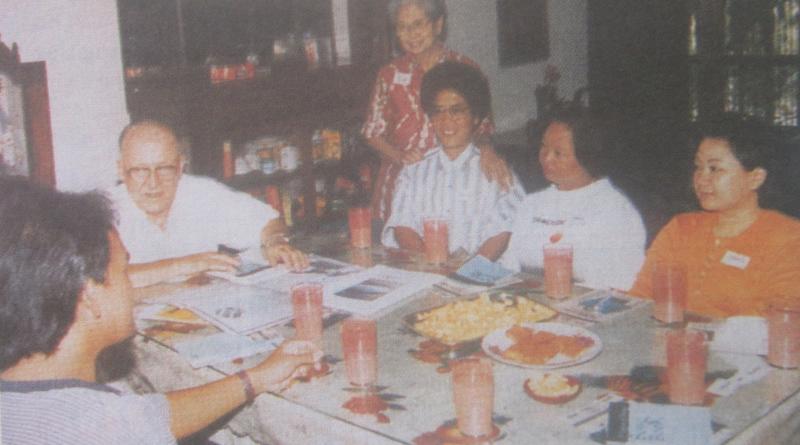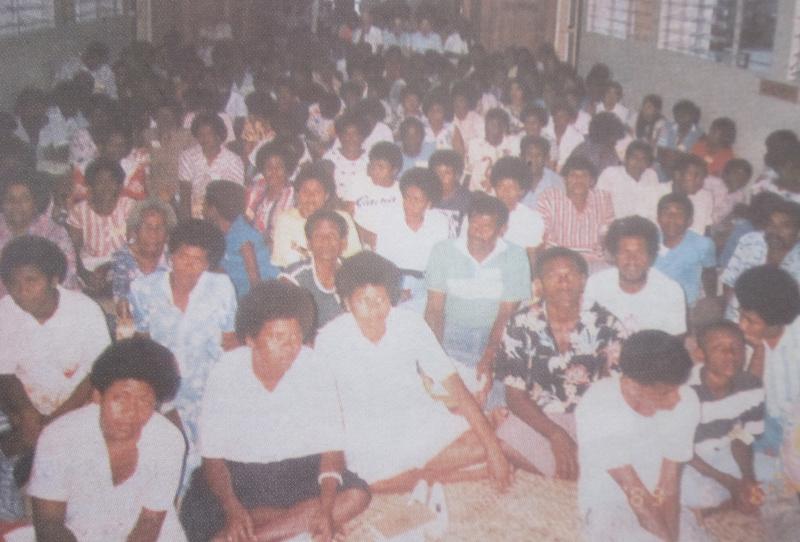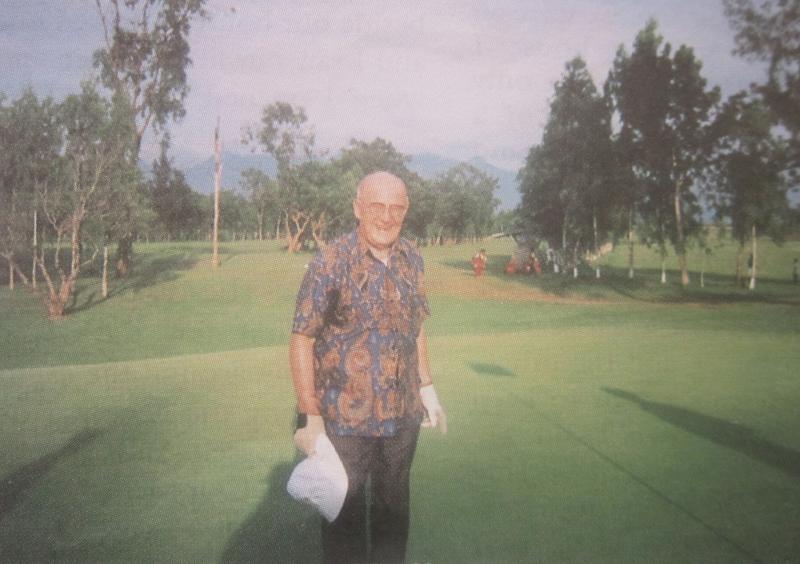Incola The Real Thing
They have to pay their own fare. They have to find their own job. They have to see their own insurance. They are dedicated missionaries, evangelizers in today’s world. They are Incolae. They are the real thing.

Incola sounds like one of those refreshing soft drinks. It refreshes but not in the way you might think. Incola is the Latin word for Sojourner and an Incola Mariae is a missionary of the Legion of Mary.

They are missionaries of a special kind. They leave a good job at home to go abroad for a period of three months, six months, or one or two years. They take a job. Often a menial one, in order to pay their way, and commit themselves to giving five evenings a week to apostolic work. They receive no financial help from the Legion, and so it often means that the dedicated missionary has to borrow to pay his or her own way to the country assigned and then pay back at the later date.
The Incola idea started 25 years ago, and grew out of what is called PPC. Teams of legionaries give up two weeks of their holidays and pay their own way to work abroad as missionaries. PPC is short for Pereginatio Pro Christo or travelers for Christ. This is the famous phrase associated with St. Columban.
In Iceland there was only one bishop and 4 old priests. The bishop came to Franck Duff, the Legion’s founder, asking for people to help in hi diocese. As a result of his request Frank Duff sent Peregrinatio teams said that they needed more than two weeks for any effective evangelization. The idea took root and eventually some legionaries gave up their jobs at home and worked as missionaries. Their idea was to have a daytime job and five their evenings to apostolic work and to establishing the Legion. Some Americans washed coca-cola bottles. Irish girls did baby sitting. Others found themselves standing knee-deep water, gutting fish. The jobs were generally low-paid, but enough to give them three meals. They were real missionaries, not knowing how it would work out.
They were very much on their own and at first they did not even have any insurance. The Legion insists that no financial help should be given from the Legion to support the Incolae. The feeling was strong that if the missionaries did not do it this way then they would not do it at all.
When Columban Fr. Aedan McGrath came back the Far East in 1978 Frank Duff was anxious to see him. When he entered the room Frank Duff took out a big map, spread it on the floor and pointed to the Philippines. “I cannot sleep at night thinking of that place,” he said. He wanted Fr. Aedan to go there and build up the Legion of Mary. The feeling was that if ever the Far East was to be converted it would be from the Philippines.

Fr. McGrath has spent several years going around the Legion councils in the Philippines. Among other things he spoke of the Incola missionary programme. At first there was little response.
Eventually I realized that Legionaries had gone abroad in search of jobs but they weren’t doing apostolic works,” said Fr. Aedan. “So I contracted them. There was this building contractor in Brunei, for example. In the evening he begun to set up praesidia.” He then wrote to bishops in the Pacific. At first the response was discouraging but today Incolae under the Senatus of Manila work in Papua New Guinea, Fiji, Kiribati and Western Samoa. They work in various capacities in universities, in high schools and in teachers’ training colleges. All have university degrees. However it is not necessary for all members to have degrees but they must be capable of doing a salaries job.
Frank Duff’s dream was to have evangelizers living normal lives. He hoped that the world still had generous people who would look more to the work to be done that to any financial reward. In the past twenty years there has been sufficient evidence to show. That there are many such people. A soft drink lasts only a few minutes and then it’s gone. The work of these missionaries lasts forever. Now that’s the real thing.
‘Frank Duff’s dream was to have evangelizers living normal lives.”
